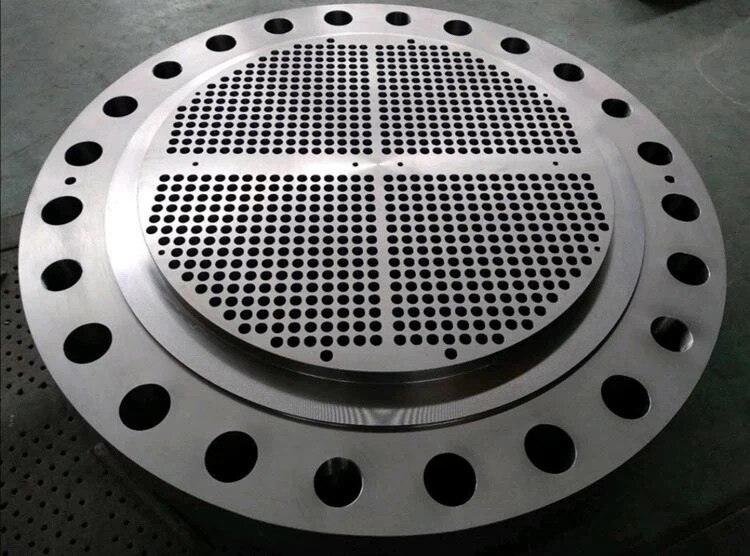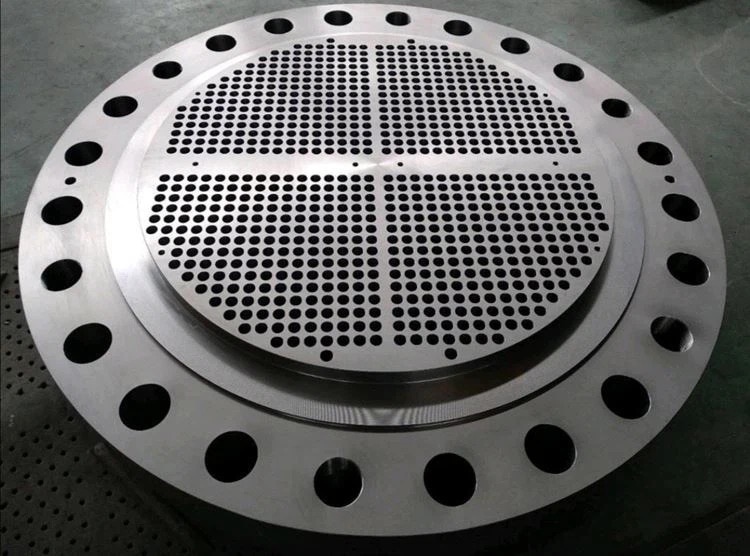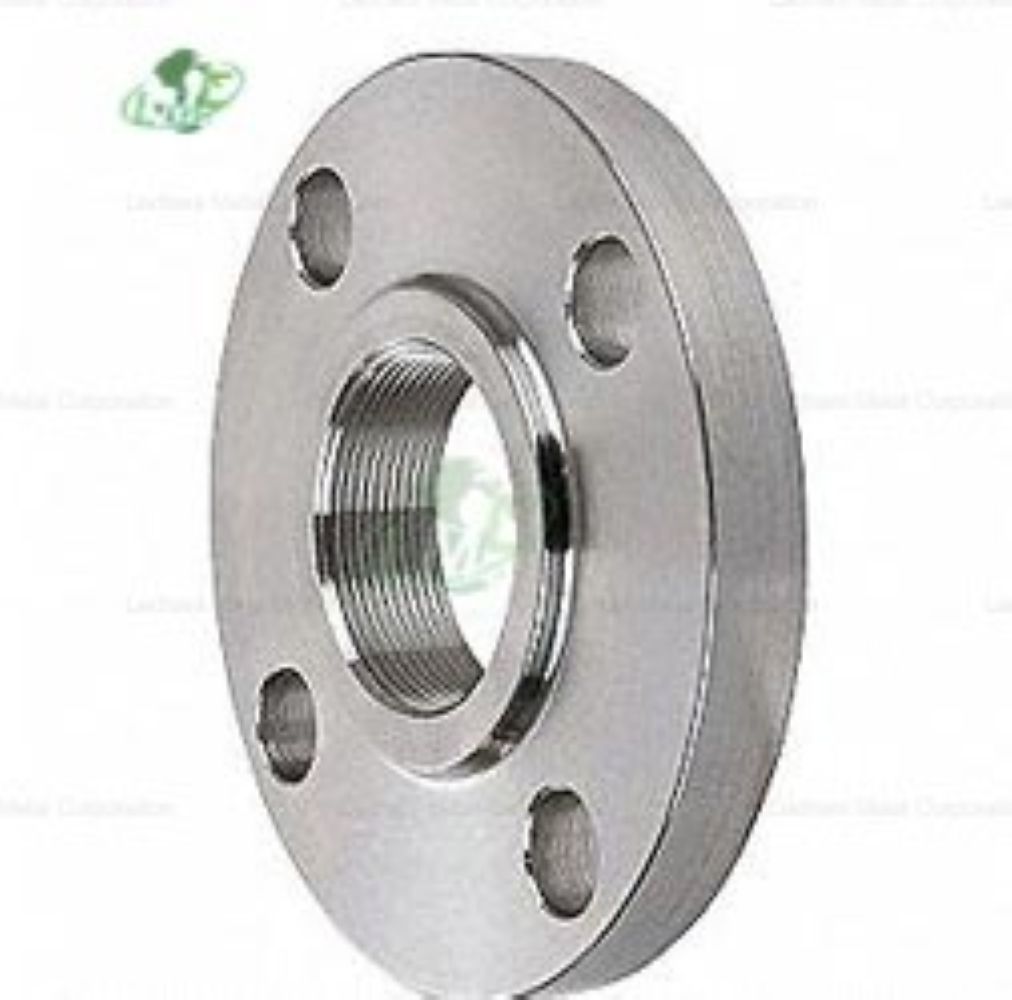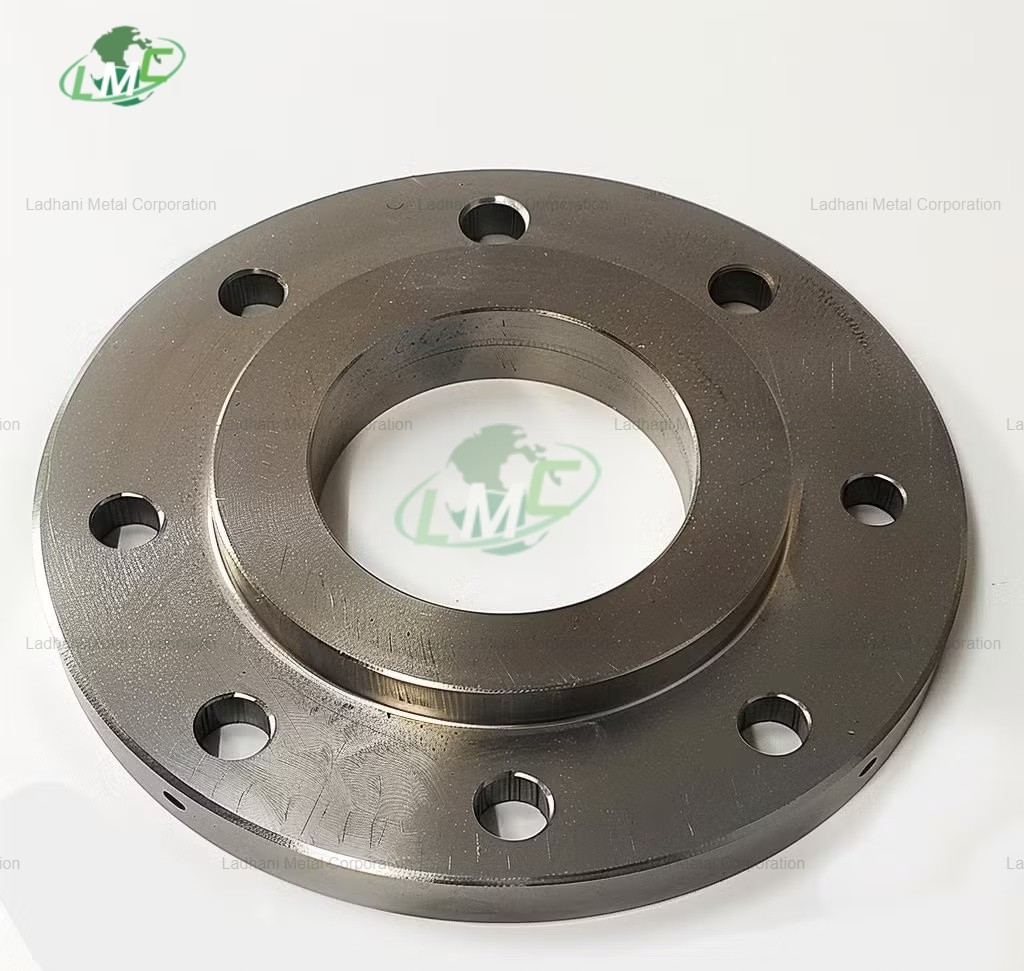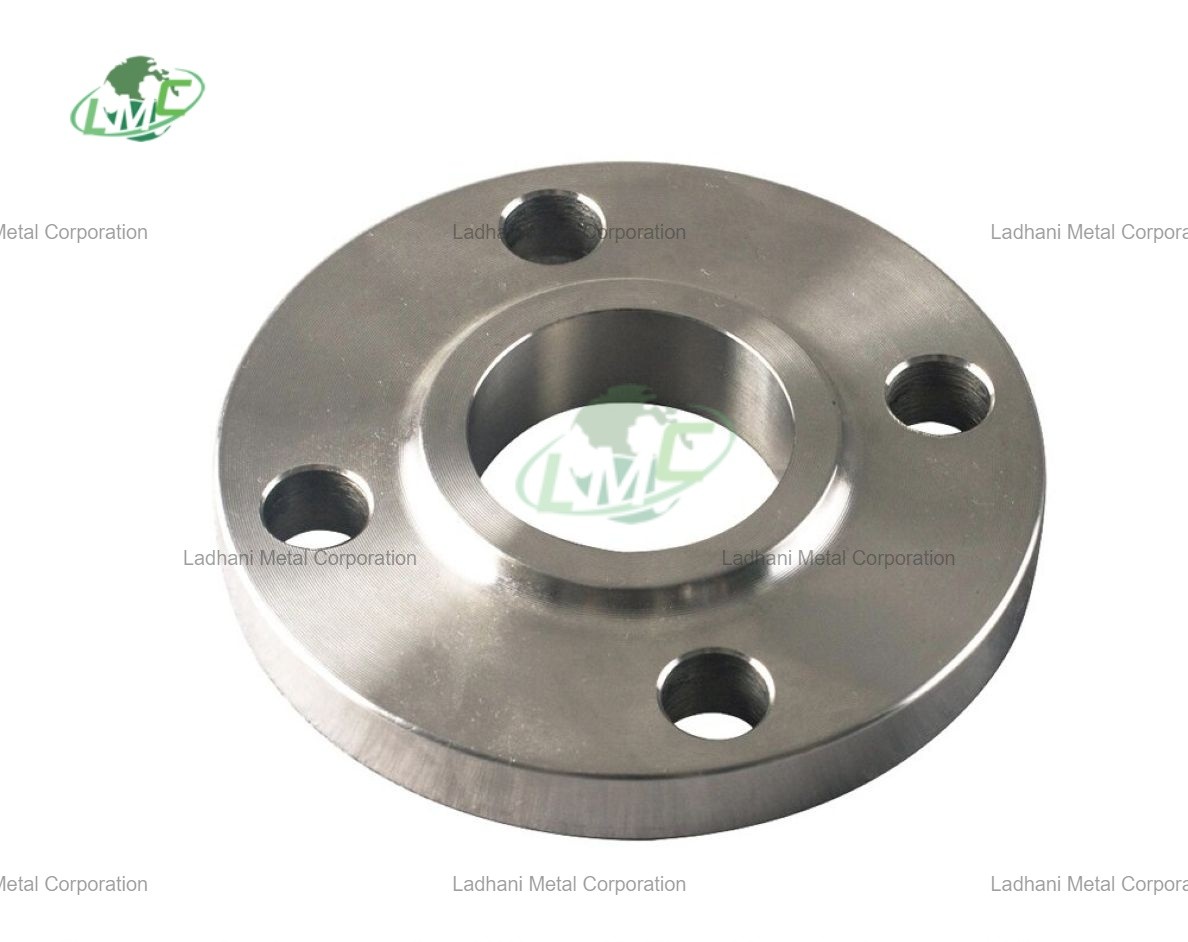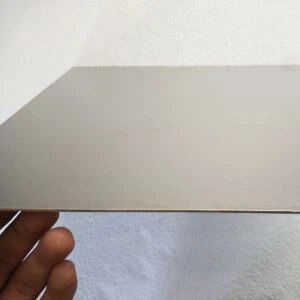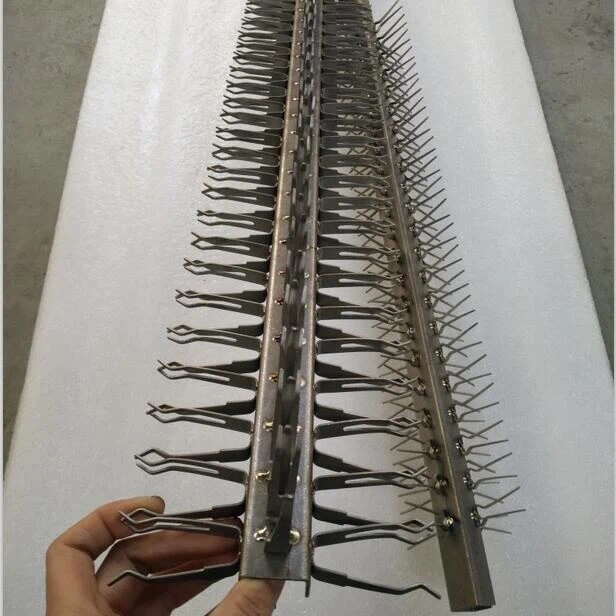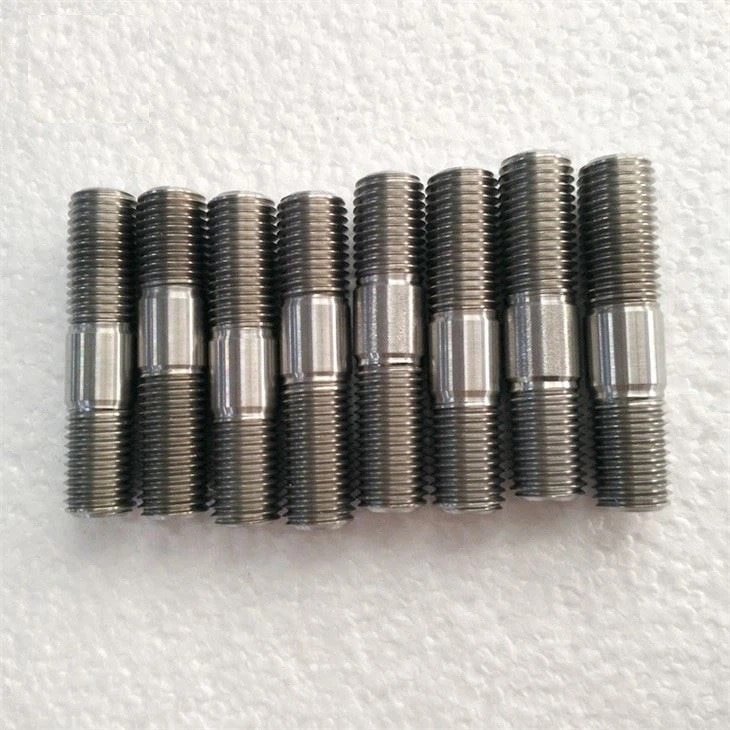Carbon Steel Flanges
DIN 2544 Carbon Steel flanges are flanges manufactured according to the DIN 2544 standard, specifically designed for use with carbon steel pipes. Carbon steel is a commonly used material in the manufacturing of flanges due to its strength, durability, and cost-effectiveness. These flanges are widely used in various industries such as oil and gas, chemical processing, power plants, and water treatment, where high strength and reliability are required in medium to high-pressure systems.
Key Features:
Material: Carbon steel (typically grades like ASTM A105, A350 LF2, and A234 WPB).
Pressure Rating (PN 25): These flanges are rated for pressure class PN 25, meaning they can withstand pressures up to 25 bar (2500 kPa).
Strength: Carbon steel flanges are known for their high tensile strength, making them suitable for high-pressure applications.
Durability: Carbon steel flanges are durable and can withstand harsh operating conditions, such as high temperatures and mechanical stresses.
Cost-Effective: Compared to other materials, carbon steel flanges are more affordable, offering a balance between strength, performance, and cost.
Types of DIN 2544 Carbon Steel Flanges:
Weld Neck Flange (WN): These flanges are used in high-pressure applications where a strong, leak-proof connection is necessary. The flange neck is welded to the pipe, ensuring a secure and reliable joint.
Slip-On Flange (SO): These flanges are easy to install by slipping them over the pipe and welding both inside and outside. They are commonly used in low to medium-pressure applications.
Blind Flange (BL): These flanges are used to close the ends of pipes, vessels, or other openings, providing a secure seal.
Threaded Flange (TH): These flanges are screwed onto the pipe, which eliminates the need for welding. They are ideal for applications where welding is not feasible.
Socket Weld Flange (SW): These flanges are designed for smaller pipe sizes, where the pipe is inserted into the socket and welded into place for a secure joint.
Grades of Carbon Steel:
ASTM A105: A common grade of carbon steel used in flanges, ideal for low- to medium-pressure applications in the oil, gas, and petrochemical industries. It contains approximately 0.35% carbon (C), 0.60-0.90% manganese (Mn), 0.03% phosphorus (P), 0.05% sulfur (S), with the balance being iron (Fe).
ASTM A350 LF2: A low-temperature carbon steel that is commonly used in the construction of flanges for applications in low-temperature environments. it includes around 0.30% carbon (C), 1.00-1.50% manganese (Mn), 0.03% phosphorus (P), 0.03% sulfur (S), with the balance being iron (Fe).
A234 WPB: A material used for manufacturing carbon steel flanges in piping systems, particularly for use in high-temperature and high-pressure systems.the composition typically consists of 0.30% carbon (C), 1.00-1.20% manganese (Mn), 0.03% phosphorus (P), 0.03% sulfur (S), and the balance being iron (Fe).
Pressure Rating (PN 25): PN 25 means the flange is rated to withstand pressures of up to 25 bar (2500 kPa), making it suitable for moderate to high-pressure applications.
Summary:
DIN 2544 Carbon Steel flanges are strong, durable, and cost-effective components used in various industries, including oil and gas, chemical processing, and power plants. Ladhani Metal Corporation offers a wide variety of carbon steel flanges, including weld neck, slip-on, blind, threaded, and socket weld types, with pressure ratings up to PN 25.
Send Message

